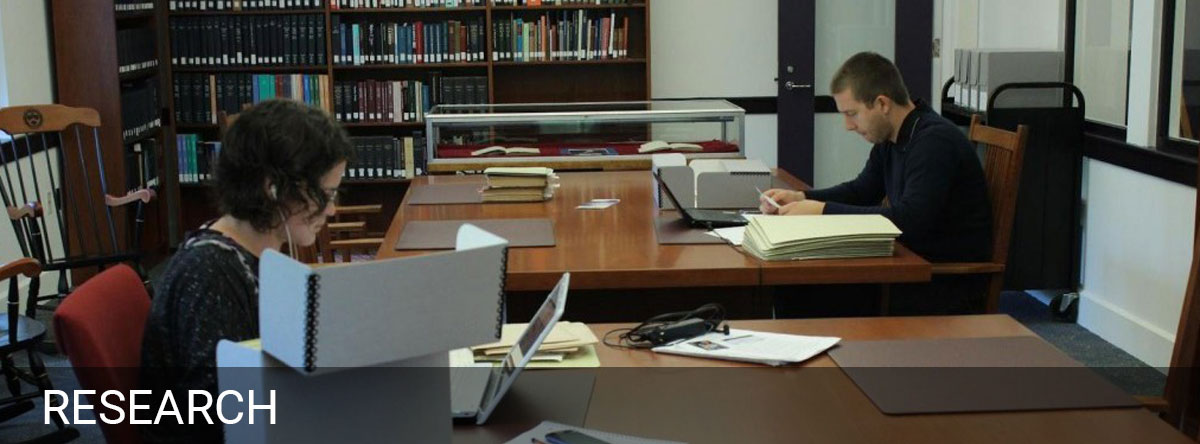The Center for Barth Studies asked Dr. Chris Boesel, Assistant Professor of Christian Theology at Drew Theological School, to share his syllabus from the course he teaches on Barth. He also offered his reflections on the issues that motivate his course and his students in their engagement of Barth. Dr. Boesel is the author of Risking Proclamation, Respecting Difference: Christian Faith, Imperialistic Discourse, and Abraham.

My second emphasis—as a key to understanding Barth’s primary conviction and animating motivation from the first word of the Romans commentary to the last word of the unfinished Church Dogmatics—focuses on Barth’s fundamental belief in the unequivocal goodness of the gospel news. Readings of Barth will always be shallow, partial, or distorting if they do not take into account that everything he says, every critique, every polemic, every distinction made, every positive assertion, is intended to be for the sake of—and in joyful response to—what he understands to be the goodness of the news about Jesus. Now, we may legitimately believe he is mistaken about this at various point, or at all points, and/or be suspicious about the purity of those intentions—Barth was just as much a sinner as anyone else, and just as fully subject to and complicit in the destructive and oppressive social, political and economic structures and forces of his particular context. But we do not understand what he is trying to do theologically, and why, if we do not see this animating conviction at every turn, however broken, distorted or unfulfilled at any given point.
I invite students to consider, then, that Barth’s incessant critique of the multiple forms of “natural theology,” whether on the “left” or the “right,” is—from Barth’s point of view—for the sake of the goodness of news: not to “protect” it (since it is not in our power to protect it; that is God’s job), but to witness to it as best we can, in the midst of all our brokenness and complicities. As Barth understands it, “natural theology” does not name a particular theme or tradition or even starting point of theology that is bad or evil in itself (he admits that one can even begin with theological anthropology, if . . .), but only those ways in which anytheme, tradition or starting point can—and do—turn the free and living Word of God (as Barth understands it) into a human possession and thereby diminish the goodness of the news. Another way to put it: “natural theology,” for Barth, can never be good enough, can never speak a divine or human word to and for us as good—as radically, irreversibly, unequivocally for us—as the Word God actually has and does speak to us in Her unrestrained self-giving in Jesus Christ in the power of the Spirit.
The third emphasis of the course, then, has to do with the extent to which the unequivocal and uncompromisable goodness of the gospel news, as Barth understands it, can be considered ethical good news as well as theological. It has been my experience that, for progressive readers of Barth, his theological assumptions and assertions are problematic primarily because they are seen to result in unethical and unjust material relations to “the other,” to employ the current language. These critiques must be taken seriously, and I do not presuppose that Barth has a satisfactory answer to any or all of them. The course attempts to invite students to consider the ways in which concrete material ethical obligation necessarily follow from Barth’s theological assumptions and convictions, obligation that can often be seen to resonate with a progressive ethic in certain particular contexts, e.g., resistance to oppressive forms of human power and control, particularly religious power and control, and a corresponding concern for the material well-being of the neighbor (“the other”). At the same time, the course tries to make clear that, for Barth, all ethical obligation, progressive or otherwise, always and only necessarily follow from theological assumption and conviction, e.g., from a particular hearing of what Godhas concretely said and done in Her self-revelation in Jesus Christ in the power of the Spirit, and how, consequently, this irreversible theological logic runs contrary to the fundamental progressive assumptions about the relation between the theological and the ethical. That is, while certain consequences of Barth’s theological assumptions and methodological moves can be seen to resonate with certain progressive ethical issues and concerns in certain contexts, there is no question of a progressive ethical justification for Barth’s theological assumptions and major methodological moves: they can only be seen to constitute an originary, one might say, Kierkegaardian breach of the ethical (Fear and Trembling) according to certain progressive assumptions about the ethical as such and its relation to theology and faith. I do my best to organize and teach the course in a way that keeps this resonance with and resistance to progressive concerns on the “left” open and unresolved, while doing the same in relation to traditional issues and concerns on the “right.” I then invite students to read for themselves, in transparent awareness of the their own theological assumptions, “left” or “right”—including the radical contingency and historicity of those assumptions—and to move toward their own conclusions.


